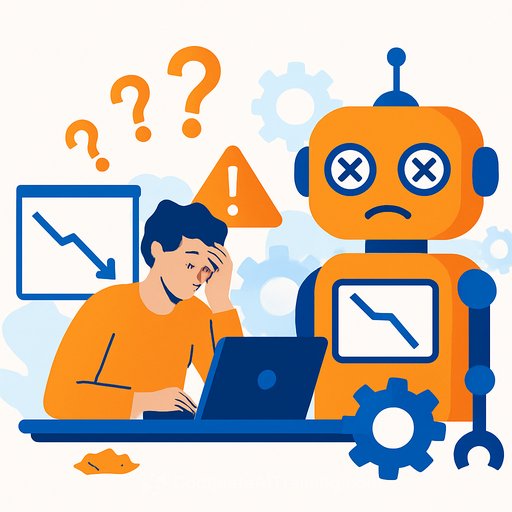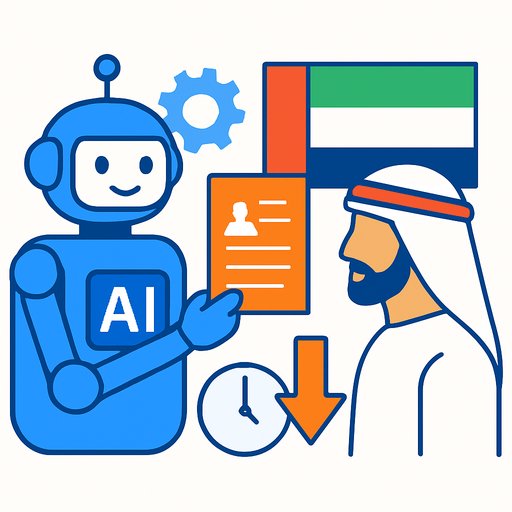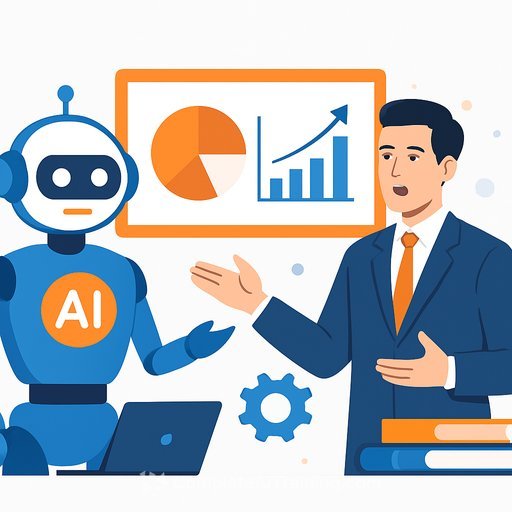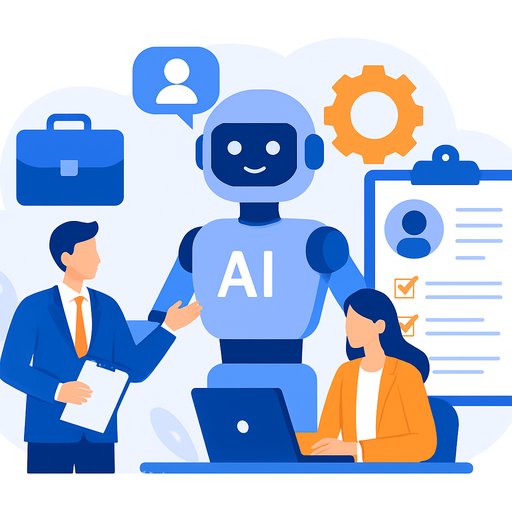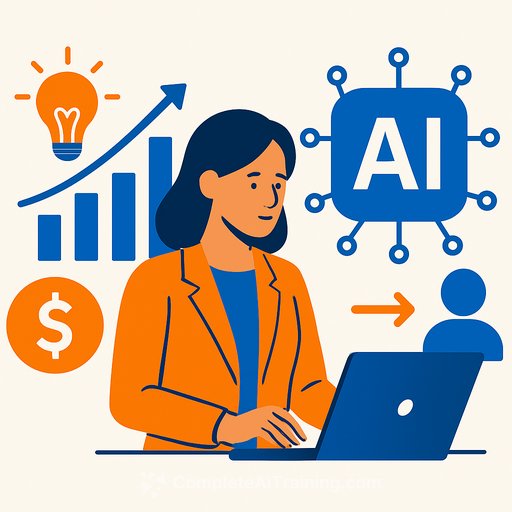Why 80% of AI Projects Fail—and How HR Can Help Fix That
Research reveals that about 80% of AI projects don’t meet expectations. A major reason is that companies often misread what AI can realistically achieve or lack the right data to build effective models.
One common pitfall is treating AI as a magic fix rather than a tool requiring careful planning, collaboration, and ongoing adjustment. For HR leaders, this means playing a crucial role in how AI is introduced and integrated across the organisation.
Get Everyone on Board—Not Just the Champions
Professor Nicholas Davis from the University of Technology Sydney highlights the importance of involving all levels of staff when rolling out AI initiatives. “You need champions, yes, but also clear communication so everyone understands why changes are happening,” he says.
Ignoring the workforce risks turning employees into “invisible bystanders,” which can lead to resistance or missed insights. Younger employees, in particular, may already be using AI tools informally, so tapping into their experience can smooth the transition.
Choose Long-Term Problems to Solve with AI
Research suggests organisations should focus AI efforts on “enduring problems” that require sustained attention. Committing teams to tackle a specific issue for at least a year helps avoid rushing into solutions that don’t hold up at scale.
Davis warns against scaling AI too quickly without considering the consequences. For example, automating decisions that impact jobs can backfire if reversing those changes becomes more difficult than the original problem.
AI Is Not Magic—It Requires Executive Support
Success depends on leadership setting realistic expectations and providing the right resources. AI needs careful governance, especially around accuracy and ethical use.
HR can help by ensuring policies and training keep pace with AI deployment, reducing risks related to misuse or system failure.
Include Workers in Every Stage
Consultation isn’t just a box to tick. Workers offer essential perspectives on ethical, legal, and operational challenges AI systems may pose. Their involvement leads to better-designed and more widely accepted solutions.
Plan for Risks and Security
Before launching AI tools, organisations must assess:
- Performance risks—will the AI meet its goals reliably?
- Potential for malicious use—could the system be hacked or exploited?
- Whether to bring in external experts for unbiased oversight
Thoughtful governance minimizes surprises and builds trust in AI systems.
How HR Can Lead the Way
HR professionals are uniquely positioned to bridge the gap between technology teams and employees. By fostering transparent communication, supporting training, and encouraging feedback, HR can turn AI projects from high-risk gambles into strategic assets.
For those looking to deepen their AI knowledge and skills, Complete AI Training offers a range of courses tailored for various roles, including HR specialists.
Your membership also unlocks:

